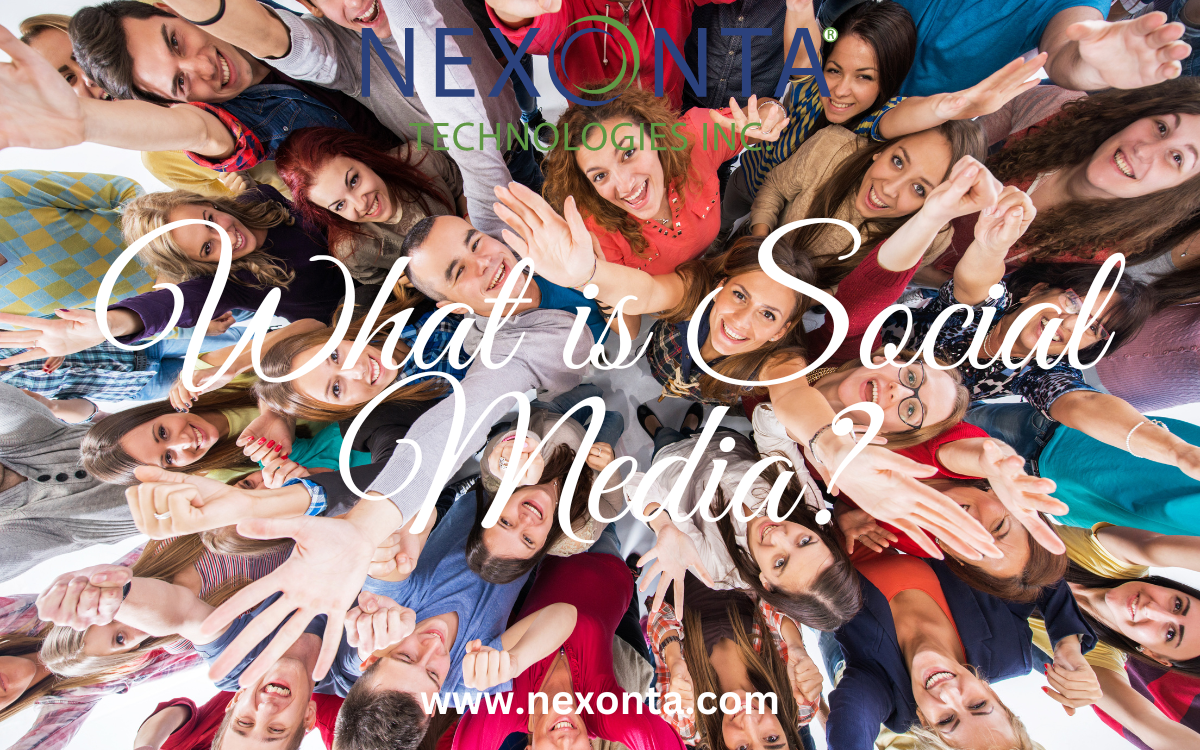13 March 2024

What is Social Media?
Social media refers to online platforms and websites that enable users to create, share, and exchange content in the form of text, images, videos, and other multimedia. These platforms are designed to facilitate social interaction and networking among individuals and groups. Examples of popular social media platforms include Facebook, Twitter, Instagram, LinkedIn, and TikTok.
For businesses, social media has become an integral part of their marketing and communication strategies due to several reasons:
1. Audience Reach: Social media platforms have billions of active users, providing businesses with a vast audience to connect with. This reach allows businesses to target specific demographics and engage with potential customers.
2. Brand Awareness: Social media provides a cost-effective way for businesses to increase their brand visibility and recognition. Through consistent and strategic posting, businesses can establish a strong online presence and build brand awareness among their target audience.
3. Customer Engagement: Social media allows businesses to directly engage with their customers. Companies can respond to customer inquiries, address concerns, and gather feedback in real-time, fostering a sense of community and customer loyalty.
4. Marketing and Advertising: Social media platforms offer powerful tools for targeted advertising. Businesses can create and run ads based on demographics, interests, and behaviors, ensuring their messages reach the right audience.
5. Content Distribution: Businesses can share a variety of content, including blog posts, videos, infographics, and more, to showcase their products or services. This content distribution helps in educating and entertaining the audience, positioning the business as an industry authority.
6. Competitive Edge: Maintaining an active and engaging social media presence can give businesses a competitive edge. It allows them to stay current with industry trends, monitor competitors, and adapt their strategies accordingly.
7. SEO Benefits: Social media activity can contribute to a business’s search engine optimization (SEO) efforts. The more a brand is mentioned and linked to on social media, the more likely it is to be recognized by search engines, potentially improving its search rankings.
8. Real-time Updates: Businesses can share real-time updates, news, and promotions with their audience instantly. This agility is especially valuable in fast-paced industries where staying current is essential.
9. Data and Analytics: Social media platforms provide analytics tools that allow businesses to track the performance of their campaigns. By analyzing metrics such as engagement, reach, and conversion rates, companies can refine their strategies for better results.
In summary, social media is important for businesses because it offers a dynamic and interactive platform to connect with their audience, build brand awareness, drive engagement, and ultimately contribute to business growth and success.



